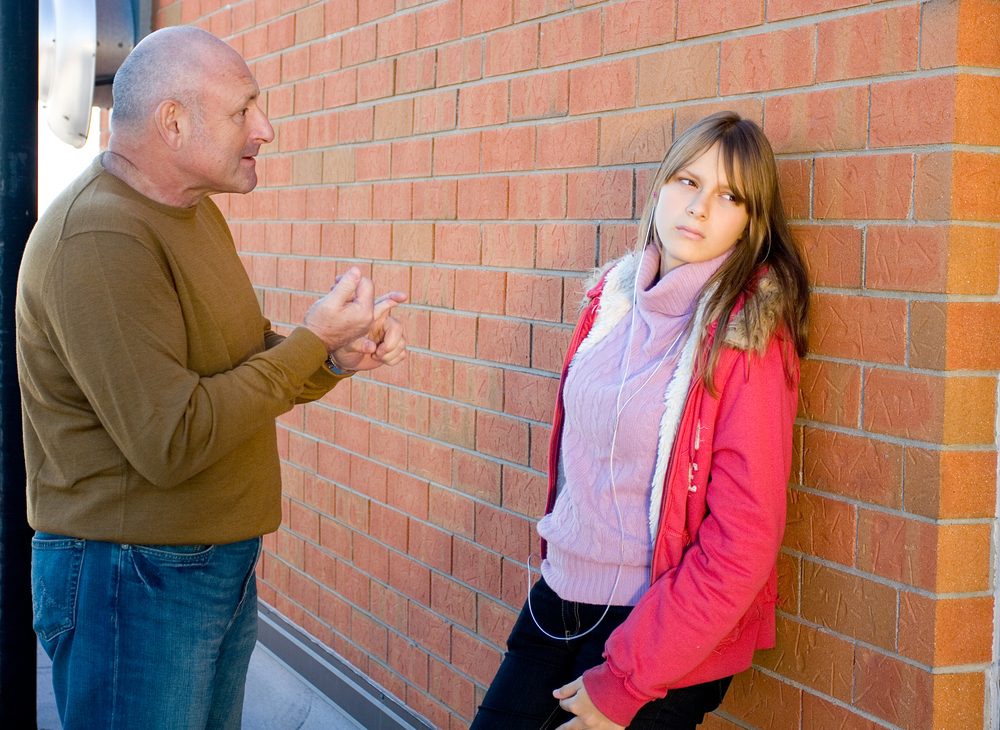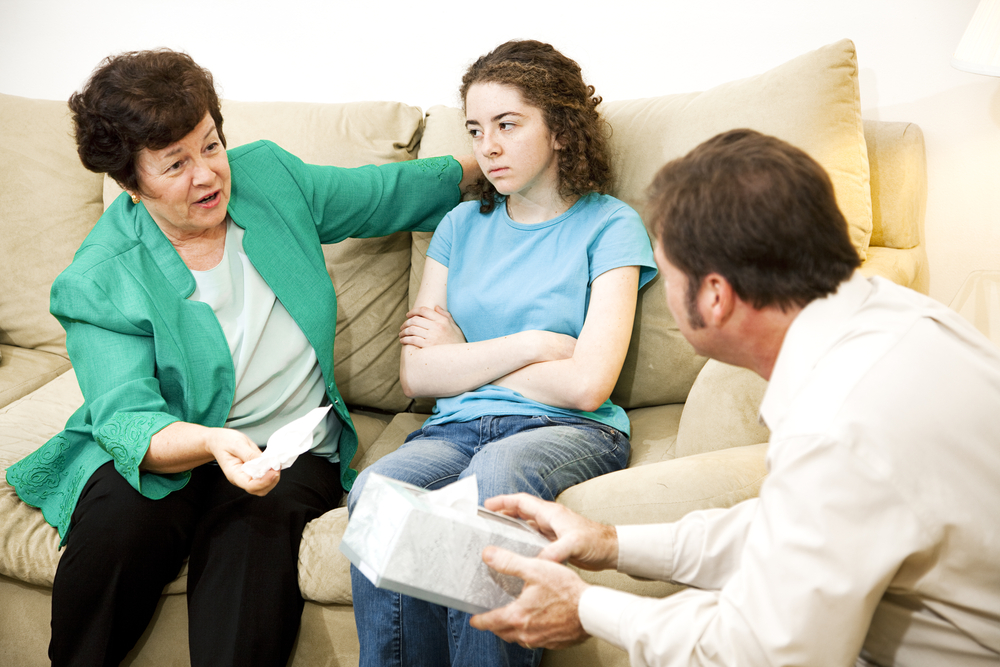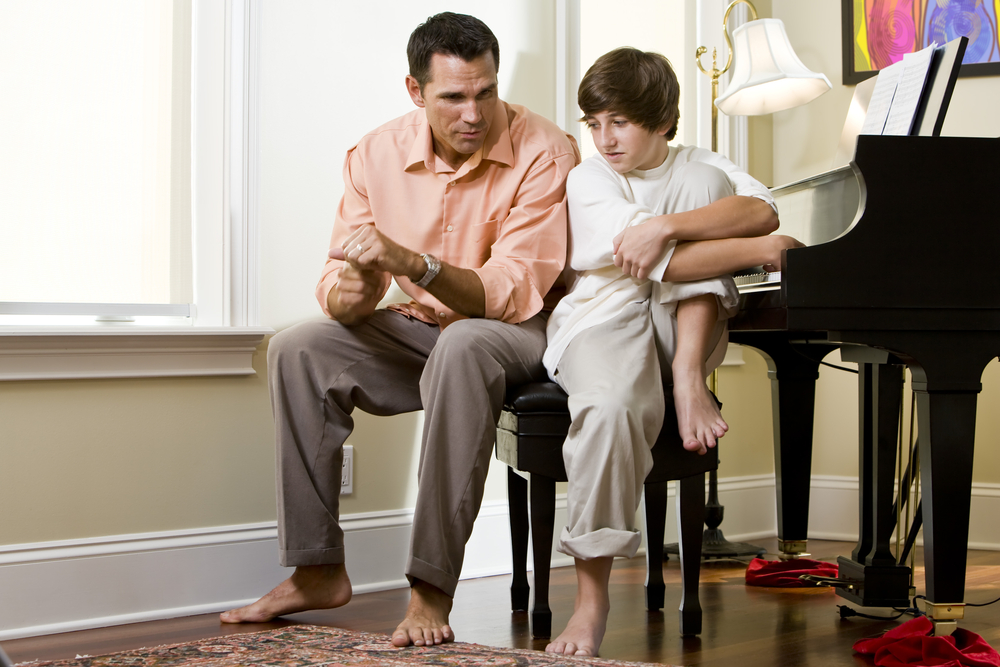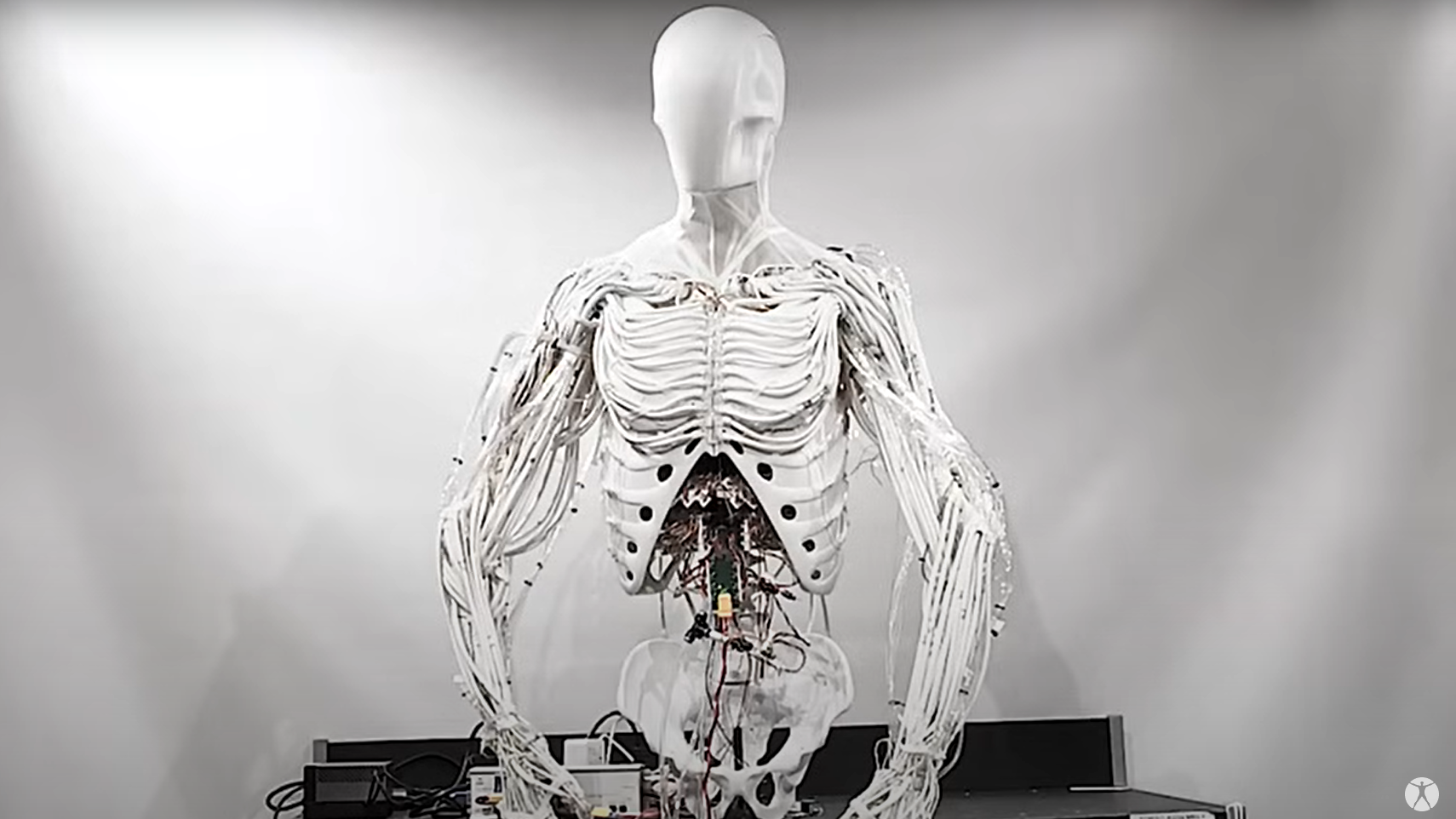The Drug Talk: 7 New Tips for Today's Parents
The Old Drug Talk

Parents looking to talk to their children about drugs may recall the D.A.R.E. (Drug Abuse Reinforcement Education) programs taught in schools. But after a generation of D.A.R.E. graduates, studies found that "just saying no" didn't stop enough teens from doing drugs. A National Institute of Justice Research Brief in 1998 filed the D.A.R.E. program under drug prevention that "doesn't work."
Yet children still need a drug talk, so researchers and experts in drug abuse prevention and rehabilitation gave MyHealthNewsDaily some helpful tips for parents to help children avoid drugs, or stop using them.
Here are seven tips:
Confront problems quickly

If a teen is caught with drugs, or even suspected of using them, addiction experts recommend parents don't wait to act. Some people quit using drugs after their teen years, but research shows the younger people are when they try drugs, the more likely they are to end up as addicts.
"Anyone who has concern about an addiction should get help early," said Roxanne Kibben, vice president of the Phoenix House Foundation, a nonprofit organization that provides drug abuse treatment services in 10 states. "If a teen starts smoking or drinking, they are at much higher risk to becoming addicted than if they wait until they're 20."
Research from the 2010 National Survey on Drug Use and Health found that 12.8 percent of people who first tried marijuana at age 14 or younger developed "illicit drug dependence or abuse," but only 2.6 percent of people who tried marijuana at age 18 or older developed the same level of dependence.
And while initial drug use may be a voluntary decision, it becomes less and less of a choice as addiction is etched into the brain, according to the Phoenix House Foundation.
Start talking to kids when they're young

Intervening earlier battles addiction better, and may even prevent it. The Phoenix House recommends parents talk with children before they have the opportunity to use drugs or alcohol. Studies show that could be long before a teen reaches high school.
The 2011 annual Partnership Attitude Tracking Study found that 62 percent of teens who reported drinking alcohol said they had their first full drink by age 15 not including tasting or sipping alcohol.
Tammy Granger, regional director of student assistance programs at Caron Treatment Centers, recommends parents start conversations about drugs with children around age 8 to 10, to get ahead of misinformation spread by their peers.
"My philosophy is, you want to do that early. With a lot of prevention programming they parents and teachers wait too long and intervene in high school," Granger said. She pointed out that, statistically, 11-year-olds on a middle school bus encounter others, or their older siblings, who are experimenting with drugs.
"I think it's important that they do have some factual information," Granger said.
Set clear boundaries and expectations

Most teens generally know their parents don't want them to use drugs. In 2010, 89.6 percent of teens ages 12 to 17 reported that their parents would strongly disapprove of their trying marijuana once or twice, according to the National Survey on Drug Use and Health.
Still, experts say many parents feel hesitant to start talking about drugs in detail if their child hasn't yet been exposed. But don't be vague: a clear and consistent message can help deter drug use.
"Be clear what the rules are, and what's going to happen if they break the rule," Kibben said. If a teen lives in two different households, Kibben recommends all parents agree to the same rules about drugs, and make it official.
"If you need to, with a tween or a teen, you may have those [rules] be written, and you have a pledge statement," Kibben said.
Parents may also unwittingly send confusing messages about prescription drugs by doling out medicine at home.
"Some parents tend to freely give out medications. They may say, 'Oh, you have a toothache, I have some Vicodin, here, use this,'" said Jennifer Fan, with the center for substance abuse prevention at the U.S. Substance Abuse and Mental Health Services Administration.
"It contributes to the perception that the prescription is safe," Fan said. Parents who want to avoid prescription drug abuse should themselves take medicine only as it is prescribed, and discard any leftover medicine.
"Communication is not the only role that parents can play," Fan said. "Parents, they act as role models."
Be positive

Preventing drug use doesn't always have to come in the form of dire warnings or consequences for kids. Granger said using a tween's motivation to fit in can actually encourage against trying drugs.
In fact, the majority of their peers aren't doing drugs or using alcohol, according to the annual Monitoring the Future study, which surveys approximately 50,000 students in eighth, 10th and 12th grades.
In 2011, 12.5 percent of eighth-grade students reported using marijuana in the past year, and 7.2 percent reported using marijuana in the previous month. A little over 10 percent of eighth-grade students reported using any illicit drugs, including inhalants, in the past 30 days.
"Rather than focus on the negative, focus on the positive," Granger said. "About 93 percent of eighth-grade students don't smoke marijuana."
Build emotional ties and resiliency first

Drug abuse prevention can start without even mentioning drugs. Granger runs programs aimed at the roots of drug abuse: coping with stress.
"We have prevention programs that we start in the second and third grade. It's not talking about drugs and alcohol, but it's about building resiliency and personal resolve," Granger said. "Some kids may turn to drugs as a self-medication, or self-soothing."
Granger said children with mental health issues, or who have a difficult time managing their emotions, have higher rates of drug and alcohol use. Building emotional and family support early can stem problems with drug abuse in adolescence.
Indeed, the National Center on Addiction and Substance Abuse at Columbia University found kids who have dinner with their families are less likely to use drugs or drink. A decade of research involving 1,000 teens and 452 of their parents found that, compared with teens who have family dinners five to seven nights per week, teens who have infrequent family dinners (fewer than three per week) were twice as likely to use tobacco or marijuana.
Point out real-life examples of problems

While parents try to set a good example, experts say don't be afraid to point out the real-world consequences of addiction.
"You talk about who they might know who might have had a problem, or who currently has a problem," Kibben said.
Depending on the child's maturity level, Kibben said, the example may even be a family member. Families with a history of mental issues or addiction problems should communicate to children that they are at a higher risk of developing a substance abuse problem if they try drugs.
"Explain it in a neutral way, you can say, 'When a person does this, then they are at risk,'" Kibben said.
No shame. Frame talks as a health issue

Tone matters when communicating with children, and experts say despite the tough language used to discourage drug use in the past, broaching addiction as a health issue may ultimately be more effective.
"The important thing is to talk about it without shame or strong interrogation, in the same way you'd talk about the importance of exercise or diabetes. It is a health issue," Kibben said.
Granger said many parents try to connect avoiding drugs to protecting the child's future. "But I'm not sure that teens can connect that future life, of college and beyond, to using drugs today," she said.
"It's very hard to do drug prevention. This whole 'scared-straight mentality', I don't think kids buy it," Granger said. "I try to talk to parents about not making it a moral issue, but by saying, 'We want you to be the best that you can be, we want you to live to your full potential.'"
Sign up for the Live Science daily newsletter now
Get the world’s most fascinating discoveries delivered straight to your inbox.











